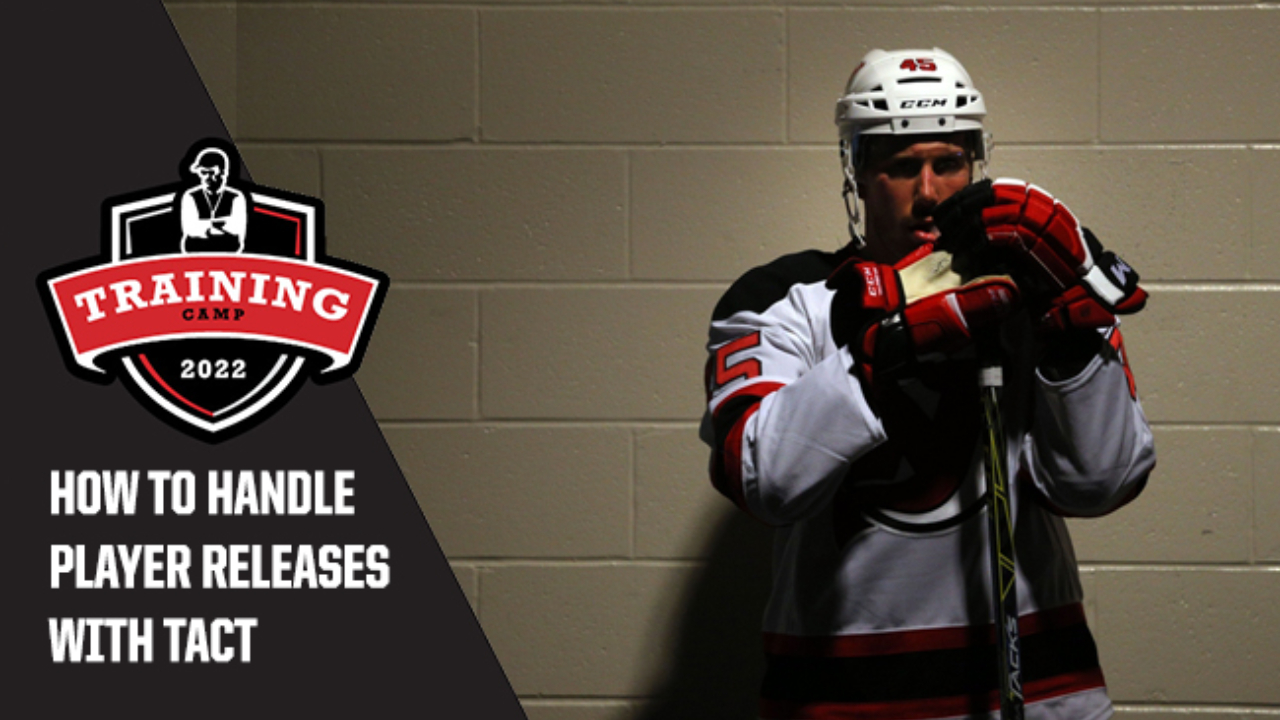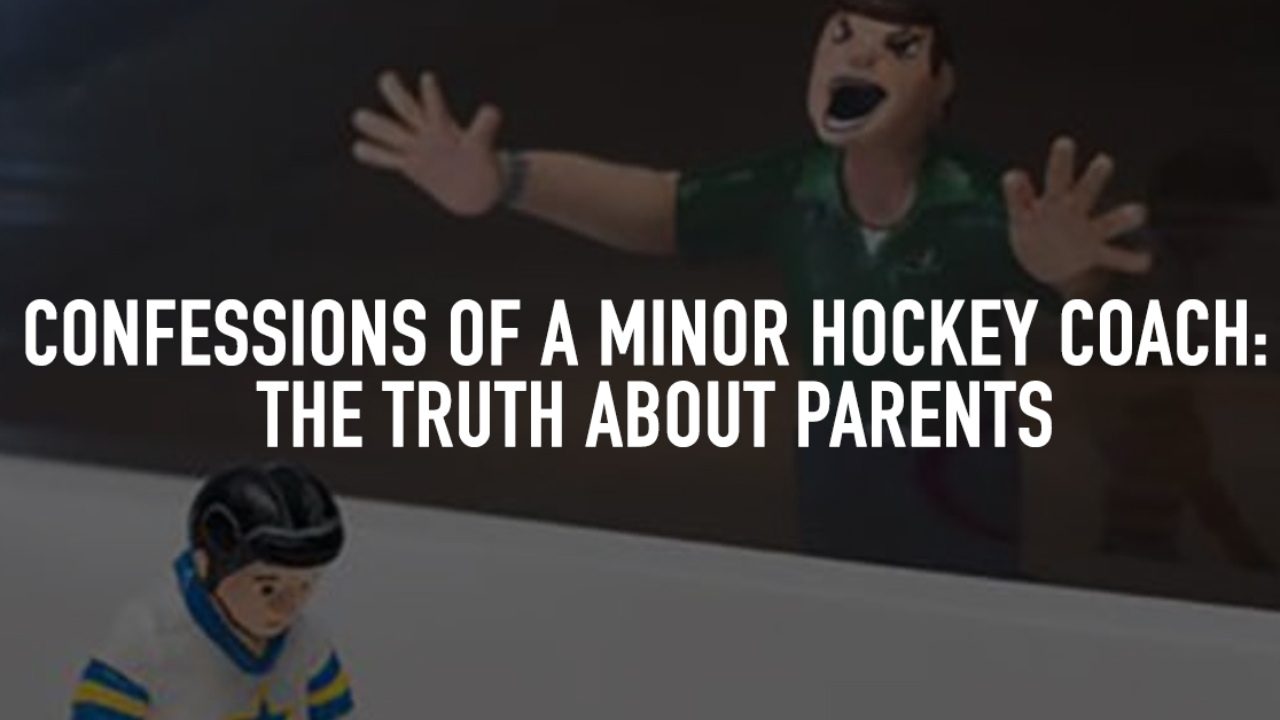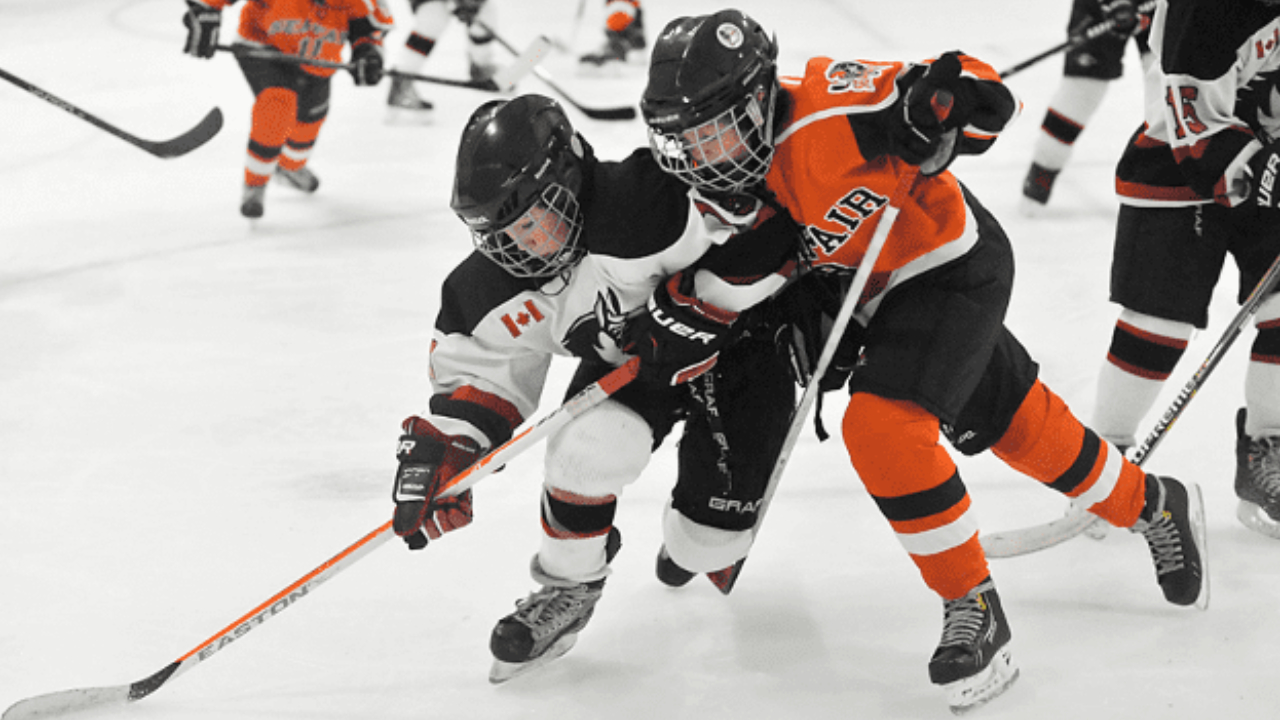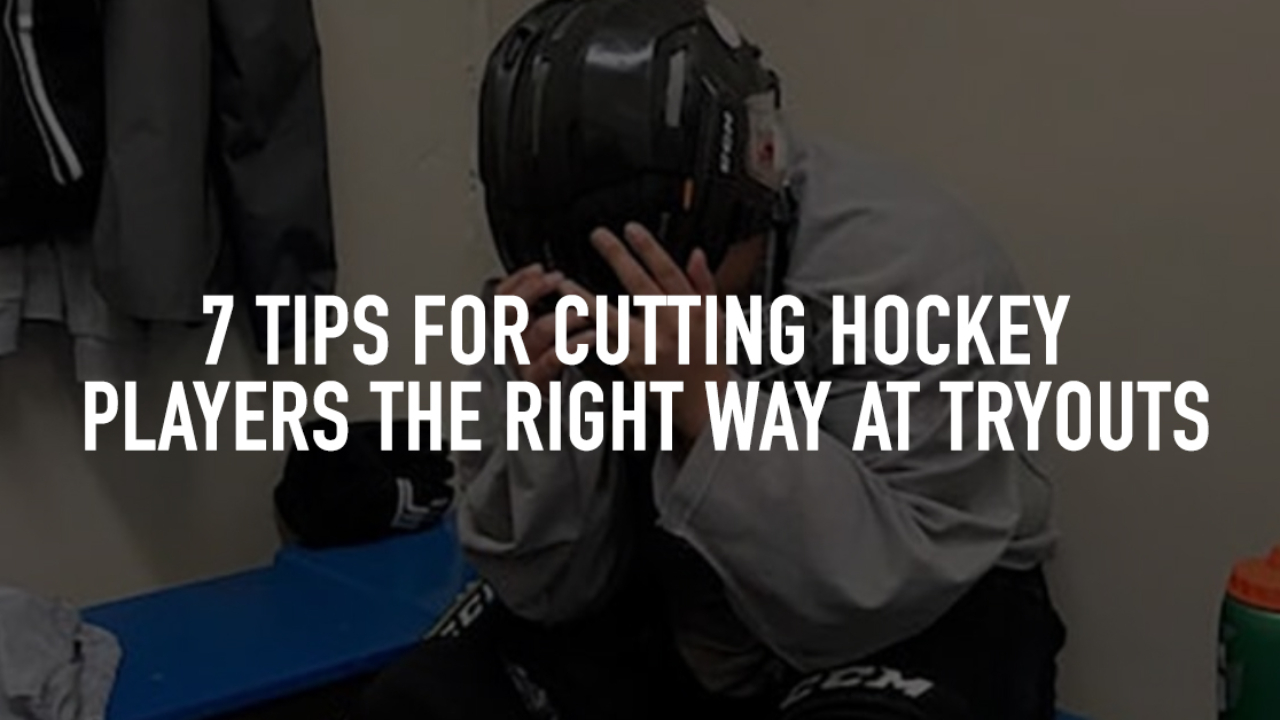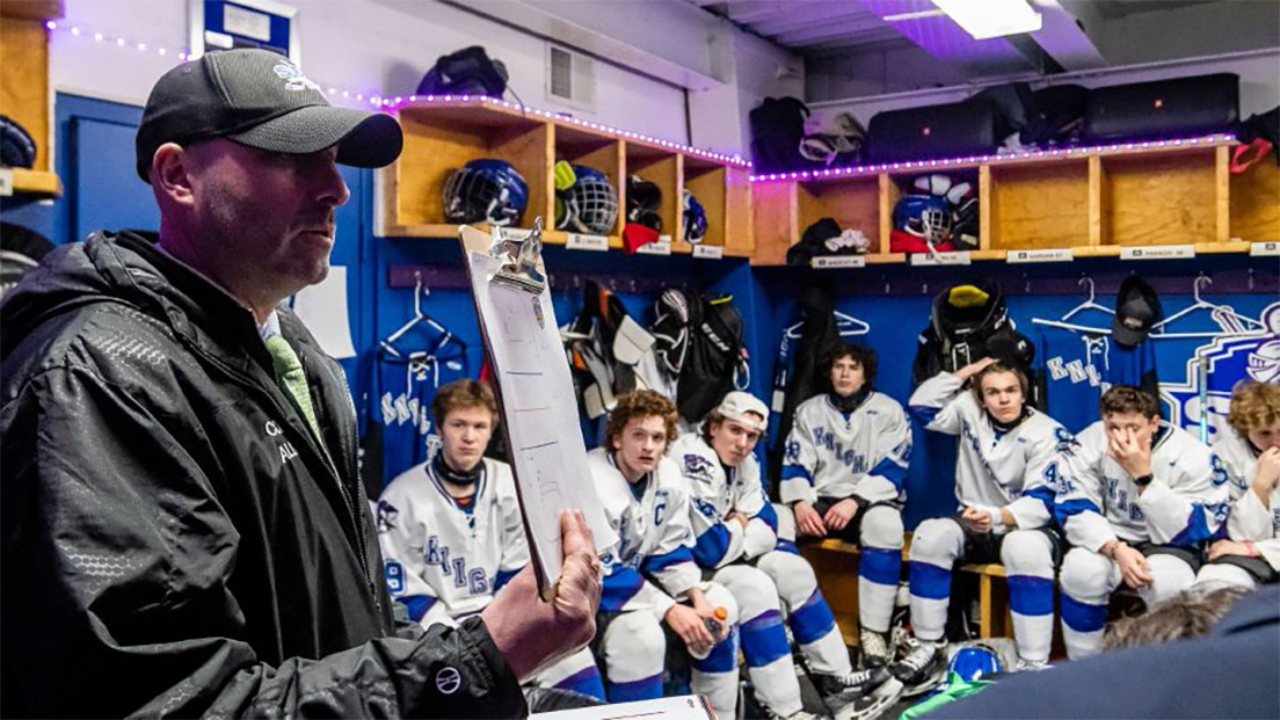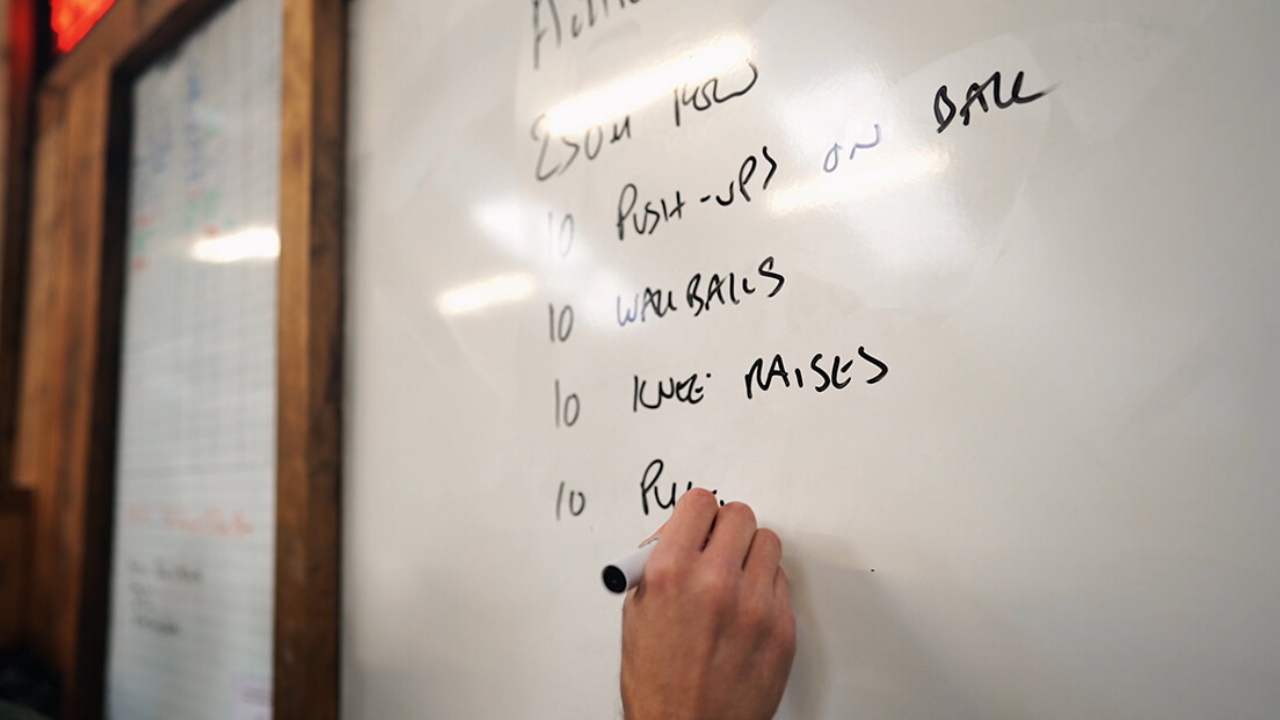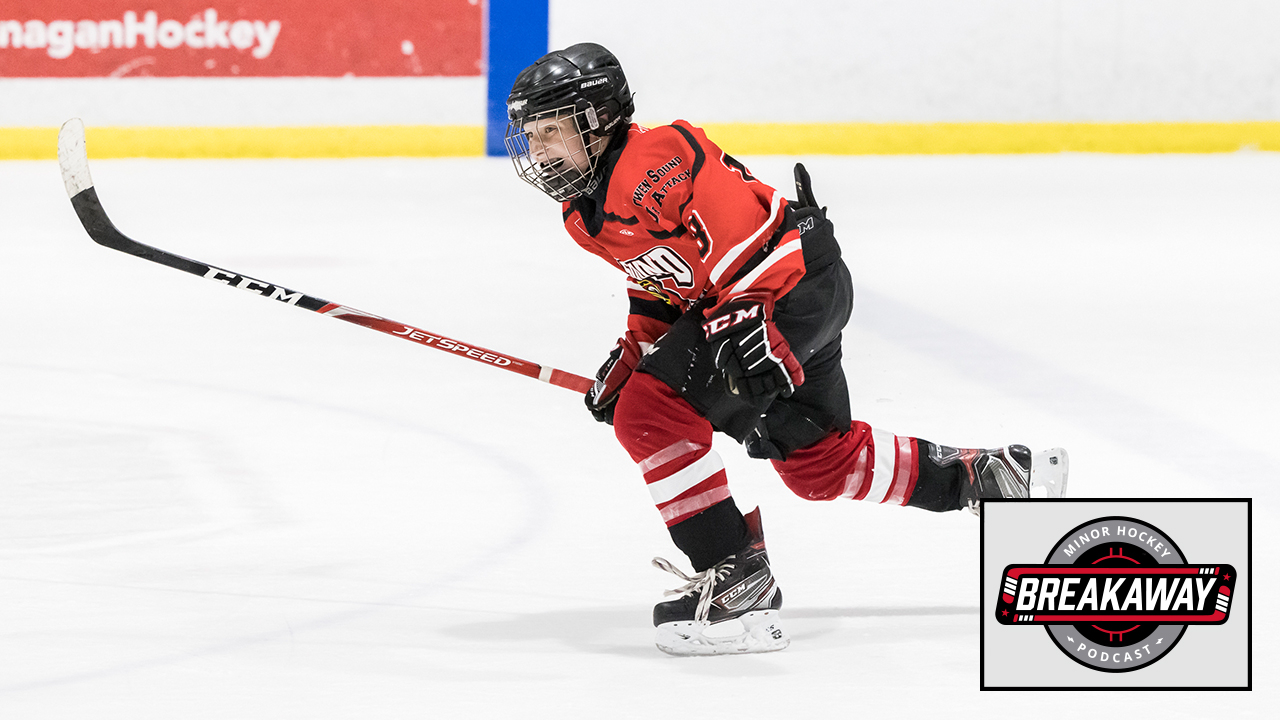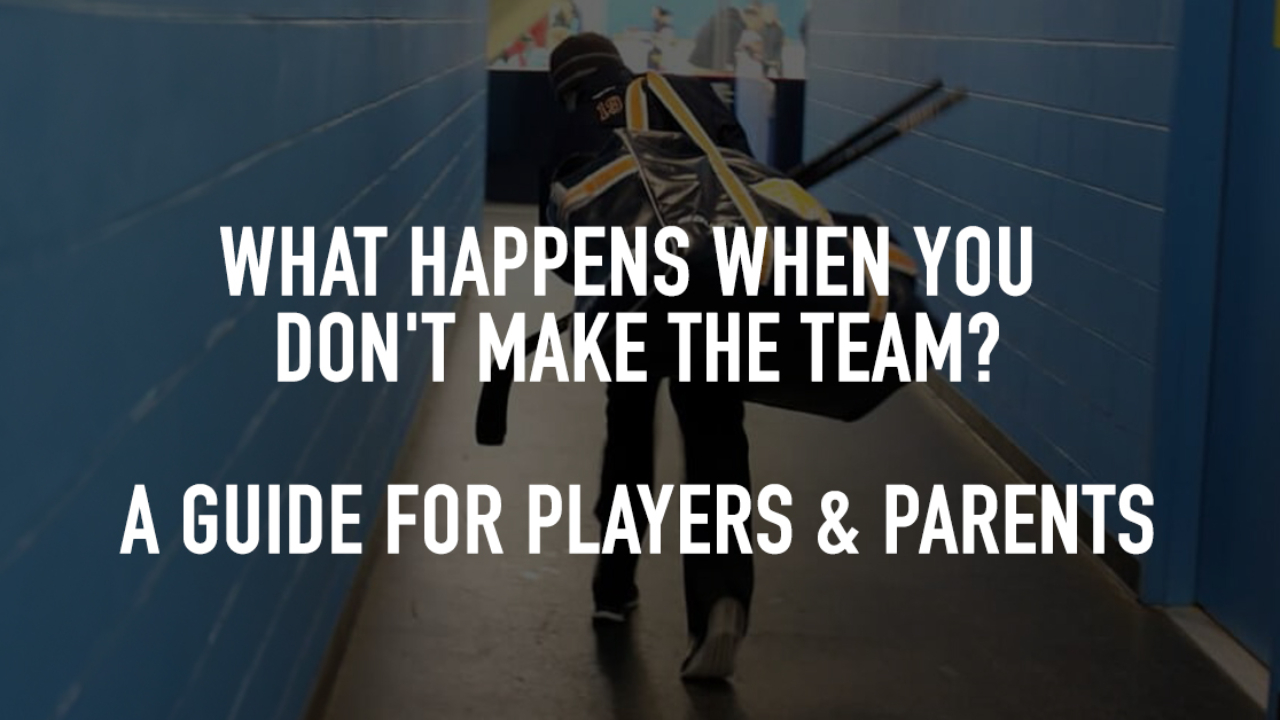
A lot of players are cut or released from teams they were hoping to make. What then? This story is a guide for players and parents.
At the beginning of any sports season thousands of athletes are trying out for teams, all over the country. There are many that are overcome with joy in making the cut and getting on their respective teams. For the number of athletes that “make it,” there are much more that get “cut” or as the more modern term today, get “released” from the team. This article will present some tips for athletes and parents on how to deal with getting released.
Most successful people in life will often tell you how they have been rejected time and time again, but stayed persistent and resilient only to achieve success. In sports two notable examples come to mind: 1). Michael Jordan, one of the all-time best players in the NBA was cut from his high school basketball team as a sophomore, and 2). Joe Sakic didn’t make his Midget A1 team at Burnaby Minor. But he stayed with it. Eventually he was Stanley Cup winner with the Colorado Avalanche and an NHL great. Sports, as in life, is full of ups and downs, they will happen, it is how we react and learn from the rollercoaster that counts most.
FOR PLAYERS
First let us look at being released from a team from the athlete’s perspective:
Tryouts are stressful for anyone of any age. You may be tired from school and being under the microscope and evaluated every practice and game is not easy. Often tryouts last for a short period and this period may not be the best time for you. All of a sudden, you find out that you did not make the team. Whether the coach spoke to you, you found out from a list or you found out on line. You worked hard to make this team and it did not happen. You are devastated, it hurts, your feelings are hurt and it may seem to be the end of the world. Do not despair! Here are some valuable tips for you:
1) Do not keep it inside
The worst thing you can do is keep your emotions bottled up inside. It is important for you to let your feelings be heard. Call someone that you can trust and is supportive of your efforts. This can be a parent, a friend, a former coach or an advisor. Let your feelings out!
2) It is not personal
Being released is not personal. Your time is not wasted and it does not mean you are a bad player. You were not good for those days in front of those coaches. Perhaps you were not the type of player they were looking for that given year. Not making a team does not mean you should give up your sport, keep going and keep trying. It helps to remember your achievements and the times you did make the team!
3) Ask yourself, "How can I do better? How can I improve?"
If the coach did not give you feedback during the releasing process, it does not hurt to ask him. Be polite, respectful and make it clear you respect his decision and then ask what areas do you need to improve on? Once you have established your strengths and weakness you can develop a plan to get better in these areas.
4) What lessons can be learned?
Why did I get released from the team? Was it my preparation in the summer time? Did I work hard enough? Always remember one thing, being great at something is not easy. It requires hard work and dedication. There is always someone out there that is working harder than you! Other questions to ask; did I prepare for each day of the tryout process, did I sleep enough, was I hydrated, did I eat the right foods? What parts of my game could have been better? Did I work hard enough during the tryout games and practises? Was my mental attitude right? There is lessons to be learned in every aspect of life! Write everything down and refer to it often, so next time you will be better prepared.
5) Don't blame the coach
It is easy to blame others for your short comings. Blaming someone else is the easiest thing to do. Take responsibility for yourself and answer the questions above, be honest with yourself.
6) What is Plan "B"?
There is a team somewhere and a coach somewhere that want and need you. Perhaps it is the A2 team or the house team. Go there with the right attitude and be prepared to put in the work to get better physically, tactically and mentally to get better for the next tryout!
7) Be realistic
This is a good time to make a self-evaluation. Perhaps you are not the player you think you are. You may think you are a skill player where in reality you are a power player. Perhaps you are not a rep player. There is nothing wrong with this, you can still enjoy playing at the level where you are comfortable. You can still improve your skills, learn to be a team player and learn the valuable lessons sport has to offer. Another thing to consider is that you don’t have to make sort a career as a player. There are tons of opportunities in coaching, training, and administration. Whatever you decide make sure you have FUN!
FOR PARENTS
Now let us look at being released from a team from the parent’s perspective:
From the start of the tryout process it is important for you to encourage your athlete to be the best they can be and to give their best efforts before and during the process. Should they not make the team, it is up to you to be a calm and a stable roll model as this situation can be a learning opportunity to help your child grow as a person.
Here are some tips to help your child get through this traumatic experience:
1) Do not get down on them
They have tried their best to make the team and they are more hurt and upset than you can ever be. It is up to you to validate their efforts and encourage them to express their feelings. If they are willing to talk to you, let them do the talking and LISTEN TO THEM! This is where they need your support the most.
2) Do not be in a rush to make them happy
Making the team is not the end of the world. Help them build there coping skills as they will encounter situations like this again in their lives.
3) Do not blame the coach
Put yourself in the coaches shoes, a coach cannot keep every player! Also the coach may be looking for a particular type of player that your child does not fit. Blaming the coach is an easy cop out for you and your child.
4) Help your child understand
...that not making the team is a one-off experience and it is a not an all or nothing situation. It is not a reflection on them as people or as athletes. Help them identify what went wrong and what skills they need to work on for the future. If possible and feasible, provide some extra training either in season, off season or both.
5) Have a Plan B
Even before the tryout process starts, discuss the possibilities. If they were to not make the team, what are all the available options? Assist them to understand that if they enjoy playing there are all kinds of opportunities to play their sport.
6) Keep things in perspective
If one was to examine the statistics, there is a very small percentage of athletes to go on and play professionally in their sports. Very few make it! Years from now no one will care about these tryouts and who made what team. As a parent help your child understand that sport can be used to learn to work hard, to be dedicated and committed to a team, to make friends with others and learn to work as a team, to learn how to deal with wins and losses, to use their sport for physical fitness and exercise and most important to have FUN!
Sport can teach all of us so much we just need to be aware when the learning moments come and use them! Just as not making the team is difficult experience, if we are aware it can turn into a positive learning experience! If you have any questions or would like to discuss any aspect of this article or need any information please contact me!

